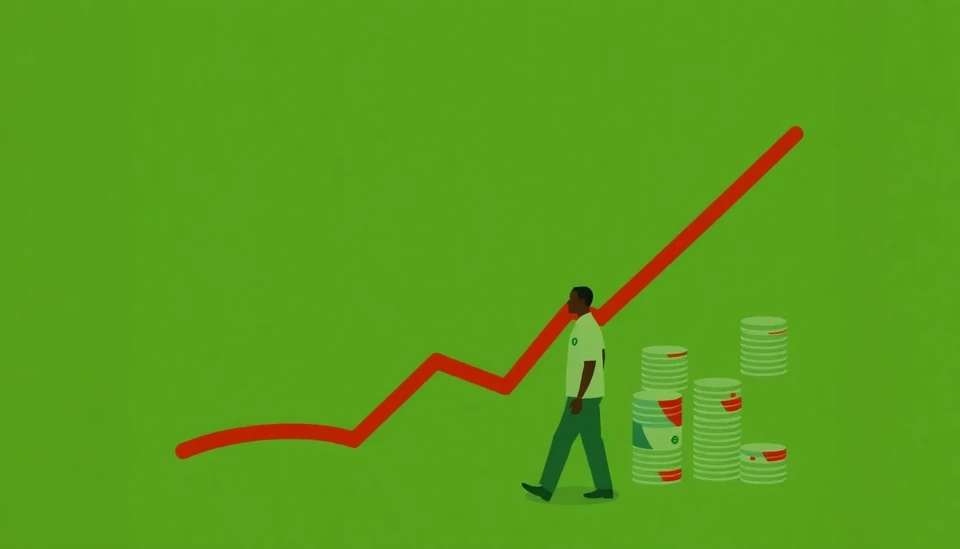
Recent data indicates a notable decline in Nigeria's inflation rate, a development that has given rise to cautious optimism among economists and policymakers about a potential stabilization in prices. The latest figures suggest that after months of soaring costs, the inflation rate has begun to cool, leading to speculations that the peak of inflation may have been reached.
According to the National Bureau of Statistics, Nigeria's inflation rate has fallen to 22.7% in March, down from 24.4% the previous month. This marks a significant change in the inflationary trend that has plagued the nation for over two years, largely driven by rising food prices, exchange rate fluctuations, and global commodity market pressures.
Food inflation, which constitutes a significant portion of the overall inflation calculation, has also seen a decline, moving from 28.1% in February to 26.5% in March. This improvement in food prices is largely attributed to improved harvests and government initiatives aimed at boosting the agricultural sector. Such developments have led to a decrease in food scarcity and a stabilizing effect on prices across several staple commodities.
Economists are hopeful that sustained improvements in these areas might indicate a turning point for Nigeria’s economy, which has struggled with rampant inflation that has eroded consumer purchasing power and negatively impacted living standards. The government is implementing various measures to address these challenges, including incentives for local production and import regulations designed to stabilize the currency and decrease dependency on foreign goods.
However, while the latest data provides a glimmer of hope, it remains crucial to approach these insights with caution. Analysts warn that the global economic environment remains volatile, with unpredictable factors such as geopolitical tensions, further supply chain disruptions, and fluctuating fuel prices that could easily sway inflationary trends in the future.
In the wake of these developments, stakeholders are closely monitoring various sectors to gauge whether this trend of declining inflation will persist. The government, alongside economic experts, is optimistic that the recent downward shift can be maintained, especially if ongoing reforms yield positive results in the agricultural and energy sectors.
In conclusion, while Nigeria’s inflation numbers are trending downwards and hint at a possible peak, it is essential to remain vigilant about potential economic shocks that could reverse the gains made. The next few months will be critical in shaping the broader economic outlook for the country as it navigates these challenging times.
#Nigeria #Inflation #Economy #FoodPrices #MarketTrends #Agriculture #EconomicPolicy
Author: Laura Mitchell




